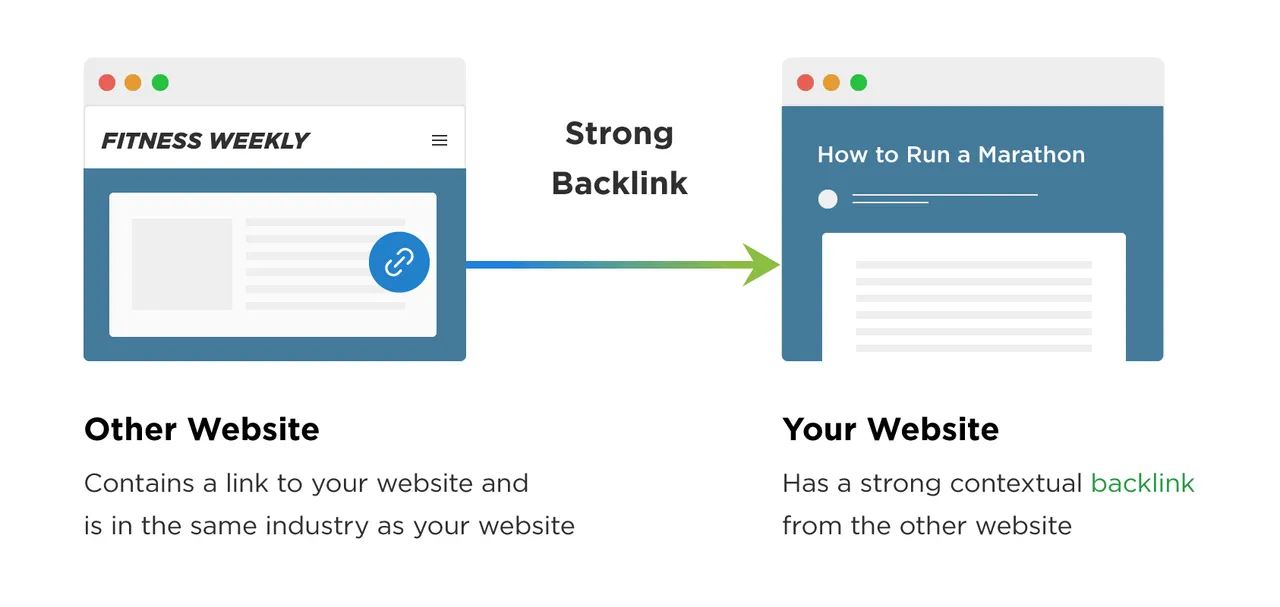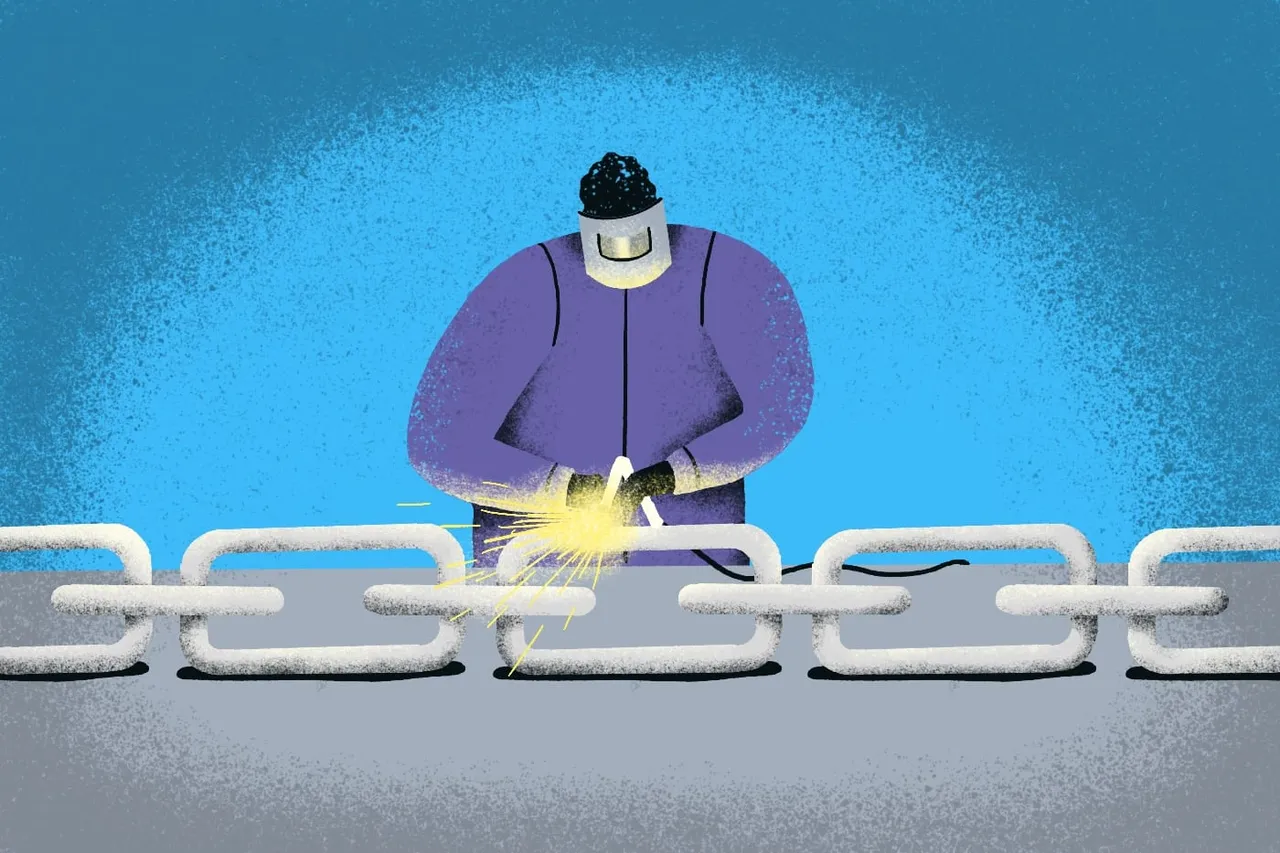A backlink is one of the most important factors when it comes to ranking on Google. Backlink means when you are linking any type of content or website to another website.
Suppose, you are making a guest post someone's blog according to your niche. And you're inputting the link of your website on that post. That mean's you're creating a backlink for your website or content. On the other hand, the other blog site(where you are making guest posts) is getting new content and external link which is also good for the website. It's quite like a win-win situation for both parties. This is what backlinking is!
Backlinks, also known as "incoming links" or "inbound links," are links to external websites that are created when one website provides links to another.
Why should we focus on building backlinks?
When calculating ranks, search engines make use of multiple factors to display search results. No one really knows for sure how impactful backlinks are when listing results.
Nevertheless, we know that they are of great importance as they can drive more traffic to your site. Backlinks are also known as hyperlinks. Hyperlinks comprise image or text called anchor image and anchor text, respectively.
Elements of such type represent the image or text you click on that leads you to another website. If this seems complicated, you can use content management platforms such as WordPress to help you create hyperlinks by following a few simple steps.
Backlinks should be legitimate, meaning artificial ways cannot be used by a website to build backlinks. The quality of the links is the one that matters the most. However, many website owners adopt lots of bad practices due to their importance just to gain from backlinks.
These bad practices, which are not recommended by search engines, include purchasing backlinks, selling backlinks, link exchange networks, etc. The search engines usually penalize any website involved in such practices.
As mentioned earlier, backlinks are essential for search engines as well as end-users. Backlinks help the search engines deduce how relevant and authoritative your website is on the topic or subject that you rank for.
Backlinks to your site are also an indicator of search engines that other websites (external websites) approve your content. If multiple sites are linked to the same web page, search engines can conclude that the content is actually worth linking to and deserves a higher ranking on a search engine result page (SERP).
Backlinks also link the searchers with information that is relevant and similar to the content they searched for. For example, an end-user going through a topic that talks about "how the expenses for childcare has become a reason for women being driven out of the workforce" might find a link that discusses "how an increase in the costs of childcare affected women's employment for the last 20 years".
This backlink creates a bridge for the user to find more additional information he/she might find useful. Backlinks are also an excellent KPI (key performance indicator) for assessing the quality of your content marketing strategy.
How do they actually work?
Now that we know what backlinks are, let's find out how they function. When creating backlinks, it is vital to put more focus on quality rather than quantity. It is easy for a website to have multiple low-quality backlinks, and yet it won't rank as well as it would if it had two or three top-tier backlinks. In the case of backlinks, therefore, identifying the correct balance between quantity and quality is the crucial key.
You can carry out research to find out the number of backlinks you have, the quality of those backlinks, as well as the conversion rate through these backlinks.
Finding backlinks has never been easy. There are numerous SEO tools that concentrate on finding and managing backlinks, so you just have to choose the tool that works best for you. Google Search Console is a free tool that you can check out; however, the features and data in this tool are very limited.
Now comes the question of how you can build your backlinks. It is a manual process as you need to reach out to webmasters in a personalized way. One cannot build a backlink by sending out email templates to people and asking them to do "collaboration."
You need to prepare a list where you include details about why you like their website, their topics, and most importantly, how it would be profitable for you as well as that brand to create links from each other's websites.
Types of Backlinks
Links that are contextual from another website
Links that are contextual from guest blogging on another website
Insertion on a resource page
Insertion in a content roundup
Online professional directories
Forum posts and comments
Including links in a testimonial
Including links in social media posts and many more.
While some of them are incredibly advantageous to SEO, some of them have little or no effect on SEO at all.
I am going to post more articles on backlinks and how to use backlinks in your websites and articles. Subscribe to the community Hive SEO and learn more about SEO!



